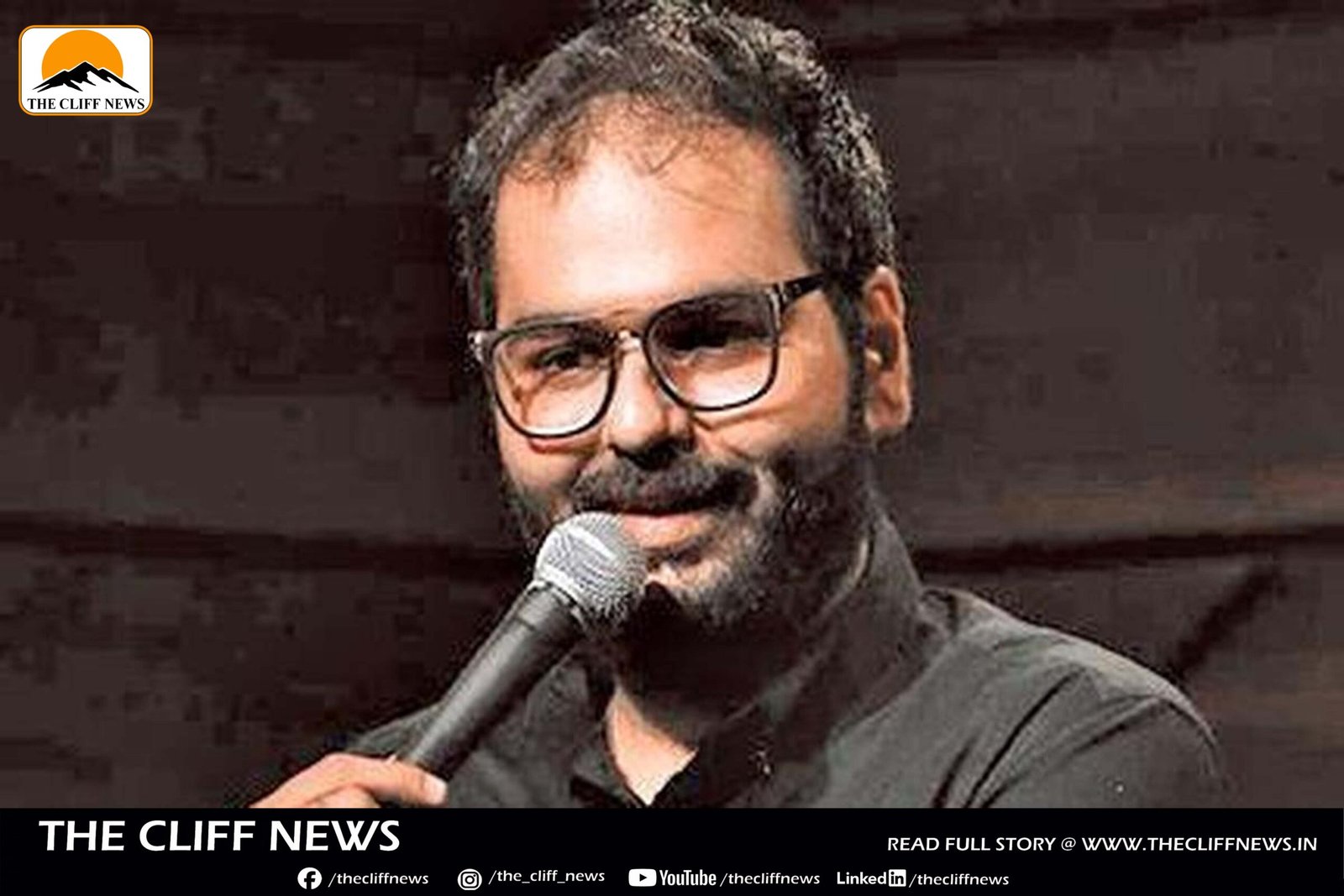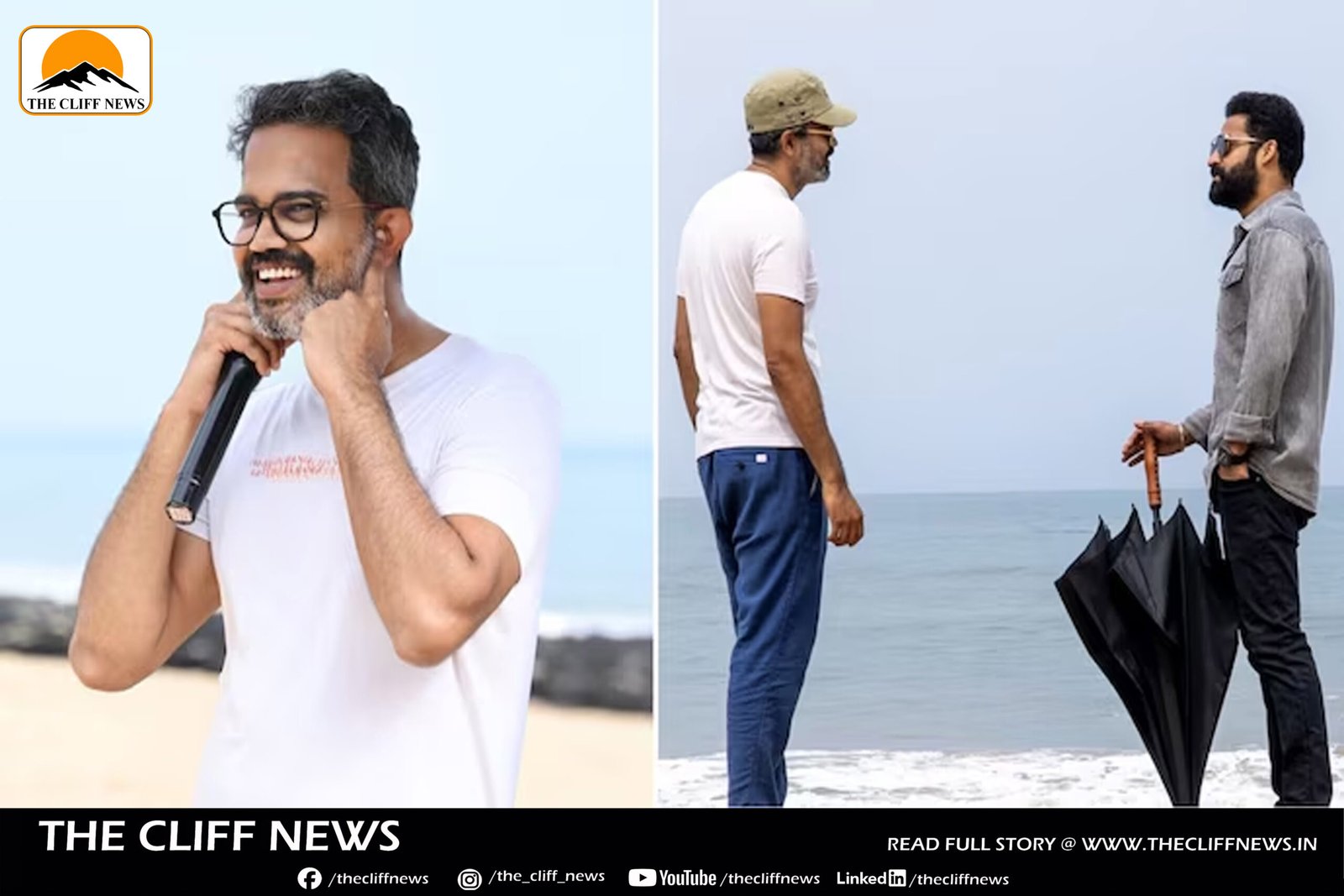Comedian and political satirist Kunal Kamra approached the Bombay High Court on Monday, April 7, 2025, seeking an urgent hearing on his plea to quash an FIR filed against him for allegedly making a controversial remark during a recent stand-up performance.
Kamra’s show featured the term ‘gaddar’ (traitor) in a context that was interpreted by some as a veiled reference to Maharashtra Deputy Chief Minister Eknath Shinde, prompting outrage and legal action.
Urgency Cited Amid Death Threats, Lapsed Protection
The plea was mentioned before a Division Bench of Justices Sarang Kotwal and S.M. Modak by senior advocate Navroz Seervai, who emphasized the urgent nature of the case. Seervai told the court that Kamra is facing numerous death threats following the controversy and added that the interim protection granted by the Madras High Court — which had previously offered him legal respite — was set to expire on April 7, making the matter one of grave concern.
Taking note of the urgency, the High Court agreed to hear the petition on Tuesday, April 8.
Background of the Controversy
The FIR against Kamra stems from allegations that his joke, delivered during a recent performance, was defamatory and incited unrest by insinuating that a political leader — allegedly Eknath Shinde — was a “traitor.” While Kamra did not name anyone explicitly, political groups sympathetic to Shinde lodged complaints claiming the remarks were targeted and disrespectful.
Kamra has maintained that his work falls under freedom of expression and satire, and has previously faced legal challenges and criticism for his bold political commentary.
Free Speech vs. Offence: A Broader Debate
This case once again brings into focus the delicate balance between freedom of expression and defamation laws in India. Kamra’s legal team is expected to argue that satirical speech, especially by a comedian, is protected under Article 19(1)(a) of the Constitution, which guarantees the right to freedom of speech and expression.
The outcome of the hearing on April 8 will be closely watched by free speech advocates, artists, and the political establishment alike.



